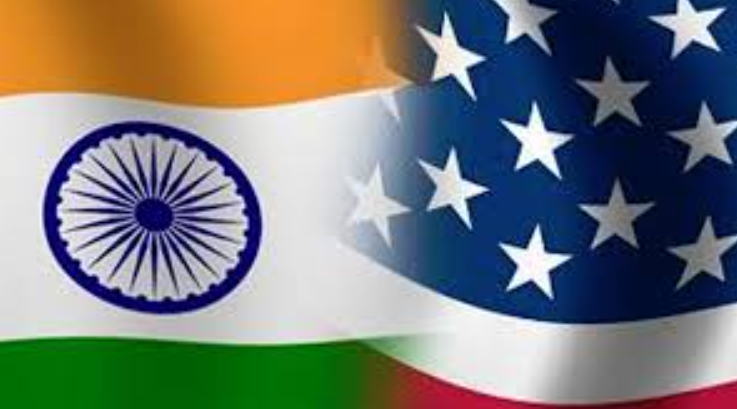The two leaders spoke about democracy being a binding factor between the two countries. Once again, this is good news, for it is democracies which must stand at the forefront of battling the authoritarian model presented by China. They also agreed to collaborate more deeply on climate. And finally, counter-terrorism will continue to rank high on the list of priorities
In their first conversation after Joe Biden took over as the 46th President of the United States (US), Prime Minister (PM) Narendra Modi and Mr. Biden reiterated their commitment to a strong India-US relationship. At a time when there is some concern in New Delhi about the Biden admin-iteration’s approach to China, both the US and Indian statements on the conversation highlight the strategic convergence on a free and open Indo-Pacific. Indeed, the White House statement goes a step further in suggesting that the two leaders agreed on the principles of freedom of navigation, territorial integrity and building a strong regional architecture through Quad. This is good news for India, for it is this strategic alignment on China that has driven deeper security, intelligence and defence ties between the two countries.
The two leaders also spoke about democracy being a binding factor between the two countries. While the Indian readout of the conversation mentioned that the relationship is “firmly anchored in a shared commitment to democratic values”, besides strategic interests, the US statement was more explicit — with President Biden underscoring his “desire to defend democratic institutions and norms around the world”. Once again, this is good news, for it is democracies which must stand at the forefront of battling the authoritarian model presented by China. But this also means that the quality of Indian democracy will emerge in bilateral discussions. The State Department statement on the farm protests last week and the discussion held by the India Caucus on the Hill show that India will have to more effectively underline its democratic credentials to allay apprehensions. Given that the US statement mentioned Myanmar, and India’s did not, there is also a possibility of differences on how to approach democracy promotion in the region and beyond.
The two sides also agreed to collaborate more deeply on climate. Mr. Biden will find that India’s position has shifted quite radically from the time he was last in office when New Delhi was viewed as a reluctant partner — India has stopped being defensive on climate and worked on its Paris commitments seriously. And finally, counter-terrorism will continue to rank high on the list of priorities, and the US must internalize that this battle will remain incomplete till it holds Pakistan accountable. What is clear is that notwithstanding possible missteps, the Delhi-DC dance will continue under the new administration.





